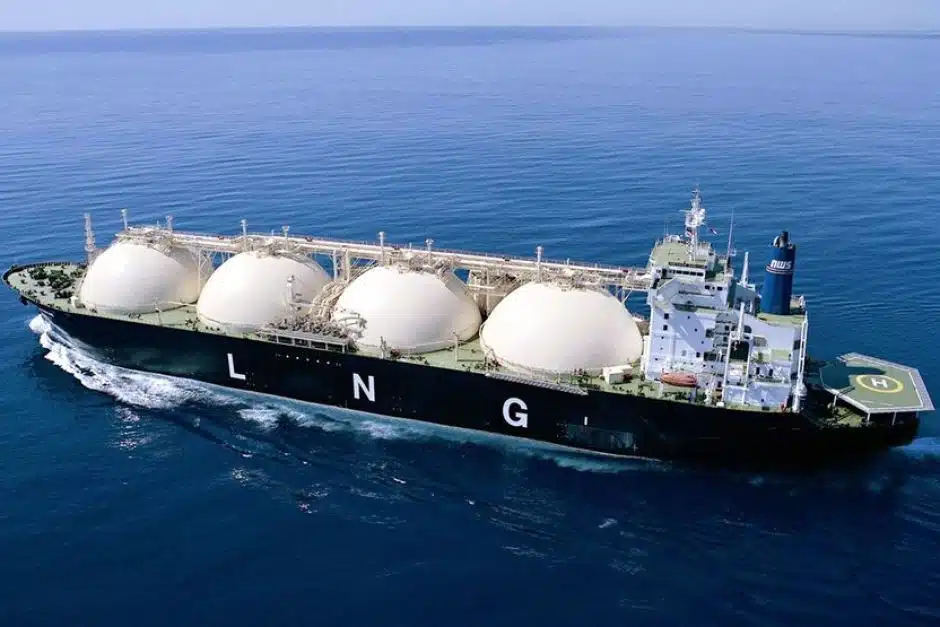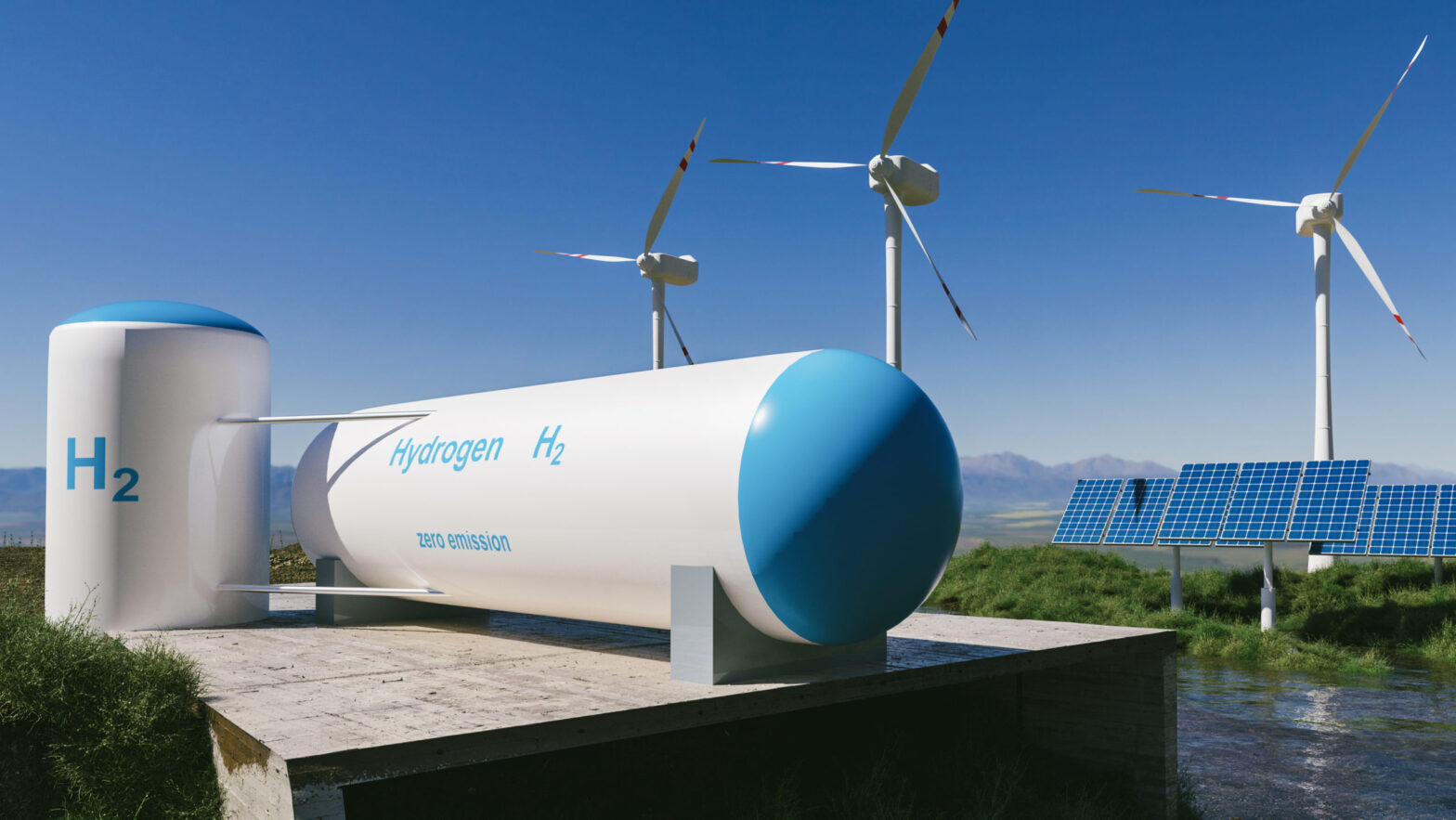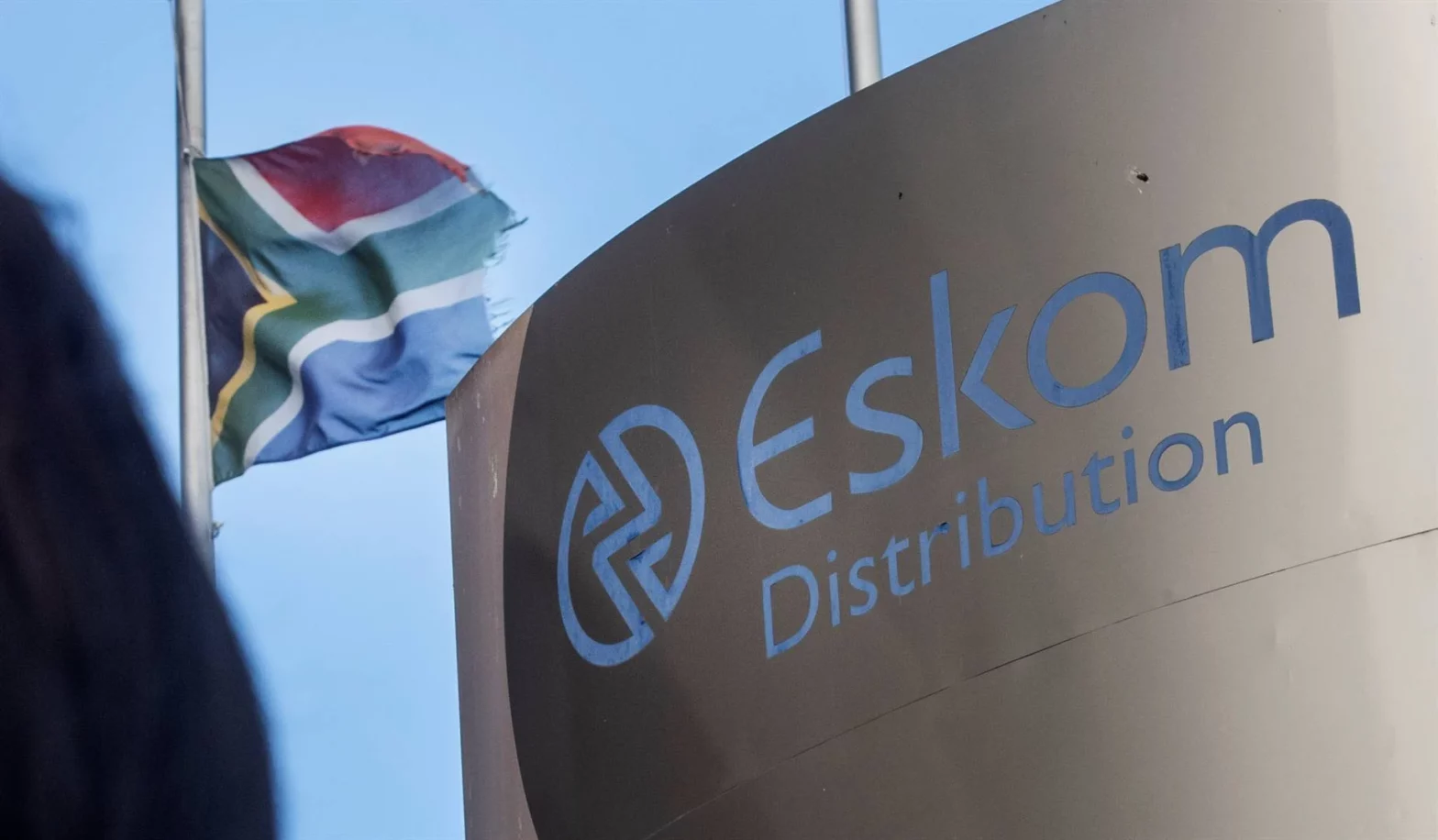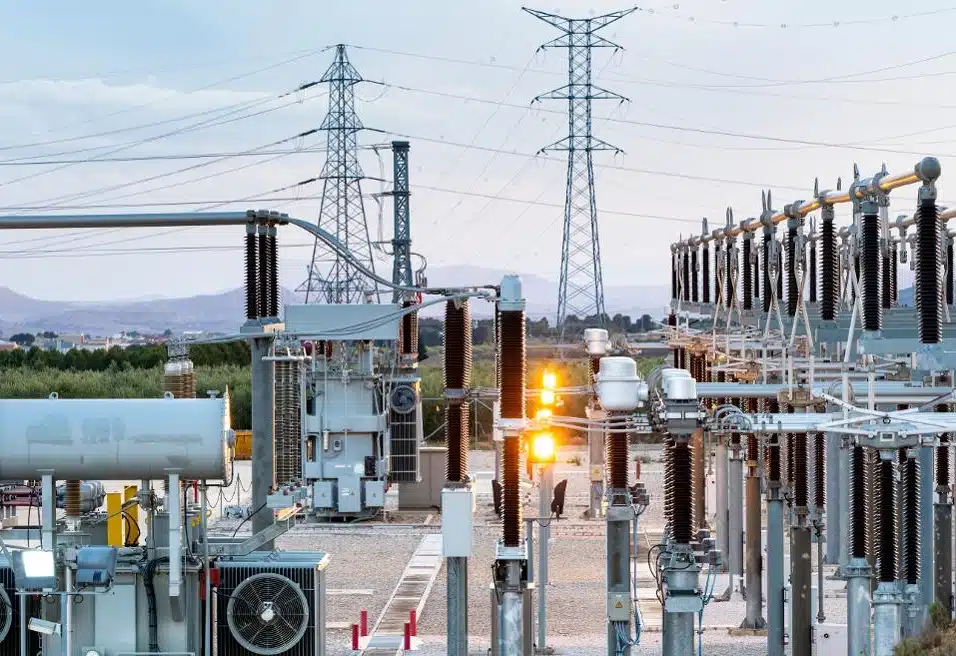Egypt has signed agreements to purchase between 150 and 160 cargoes of Liquefied Natural Gas (LNG) through 2026, marking its largest import deal yet as it struggles to meet domestic energy demands and manage ongoing electricity blackouts.
Industry sources familiar with the matter said the cargoes will cost over $8 billion at current prices, even as the country battles rising inflation, foreign currency shortages, and pressure from a multi billion dollar loan agreement with the International Monetary Fund (IMF).
Once a net exporter of LNG, Egypt reverted to import status in 2023 following a sharp decline in domestic gas production.
Since then, power shortages and unplanned electricity cuts have become more frequent across major cities, prompting the government to ramp up LNG purchases to stabilize the grid.
“Egypt’s natural gas production has dropped significantly in the past two years, making the country increasingly reliant on imports to meet domestic demand,” said Martin Senior, Head of LNG Pricing at Argus. “This recent agreement, if fully executed, amounts to just under 8 million tons per annum.”
The new deal involves global suppliers including Saudi Aramco, Shell, Vitol, Trafigura, BGN, Socar, and Petrochina.
The contracts were structured to allow flexibility, with options for deferred deliveries and additional cargoes when needed.
Pricing terms are reportedly set at a premium of $0.70 to $0.75 above the Dutch Title Transfer Facility (TTF) benchmark, with a nine month deferred payment clause.
Senior explained that this level of purchasing places Egypt’s import volumes above countries like Belgium, Britain, or Kuwait, and rivals annual LNG production levels from countries like Trinidad and Tobago or the United Arab Emirates.
Egypt has already imported 2.25 million tons of LNG in 2025, according to data from S&P Global Commodity Insights nearly 90% of its total 2024 imports.
That figure could rise further if shipments entering through Jordan are included.
Aly Blakeway, Manager of Atlantic LNG at S&P Global Commodity Insights, stated that Egypt’s current import surge coincides with limited global supply due to maintenance work in the United States and Norway, alongside increased demand in Asia.
“With Europe still refilling its gas storage for the winter and expected buying from Korea and Taiwan in the coming summer months, Egypt’s LNG bid may create tighter competition in the seaborne LNG market,” Blakeway added.
Financial and infrastructure implications
While the energy imports are aimed at easing the power crisis, the financial strain is growing.
The Egyptian government, already facing severe economic headwinds, will have to manage the $8 billion LNG expenditure alongside other fiscal challenges, including a depreciating Egyptian Pound, subsidy reforms, and mounting foreign debt.
Egypt’s agreement with the IMF has required it to implement austerity measures, including reducing energy subsidies and floating its currency.
Analysts suggest that the LNG deals could further tighten the country’s financial position, particularly if global LNG prices rise over the next 18 months.
“Securing energy supplies is essential, but it comes at a significant cost to a country that is already stretched thin,” noted a Cairo based energy economist who asked not to be named due to the sensitivity of the matter.
Despite the financial burden, Egypt is also investing in its infrastructure to support the incoming cargoes.
The country is expanding its regasification capabilities in Alexandria and Ain Sokhna, with work ongoing to upgrade port facilities.
Currently, Egypt operates three Floating Storage and Regasification Units (FSRUs), and a fourth unit is expected to be provided by Turkey’s state owned energy firm, BOTAS.
Industry insiders mentioned that flexibility built into the agreements allows Egypt to defer shipments if needed, and in some cases, access additional cargoes beyond the initial contract volumes.
This structure is seen as a strategic move to give the country room to navigate future supply and pricing dynamics.
Global energy market impact
In short, while Egypt’s LNG procurement will not likely cause immediate tightness in the global gas market, analysts suggest it will play a role in shaping summer demand patterns, especially in the Atlantic basin.
Senior stated that rising liquefaction capacity in regions like the United States and Qatar is expected to offset some of the pressure from Egypt’s import drive.
However, he added that any disruptions in production or shipping could shift that balance quickly.
Meanwhile, Egypt’s long-term plans to resume LNG exports remain uncertain.
Earlier hopes of becoming a stable energy supplier to Europe have been shelved due to declining gas output from its key fields, including the offshore Zohr Field operated by Eni.
The North African country’s transition from an LNG exporter to one of the region’s largest importers reflects the growing tension between energy security, fiscal sustainability, and geopolitical risk.
It also illustrates how countries previously positioned as suppliers are being forced to pivot amid shifting production cycles and domestic needs.
As of now, Egypt’s Ministry of Petroleum and the Egyptian Natural Gas Holding Company have not issued official statements regarding the LNG agreements.
However, multiple industry executives said the deals are expected to be fulfilled unless there are drastic changes in market conditions or domestic demand forecasts.






